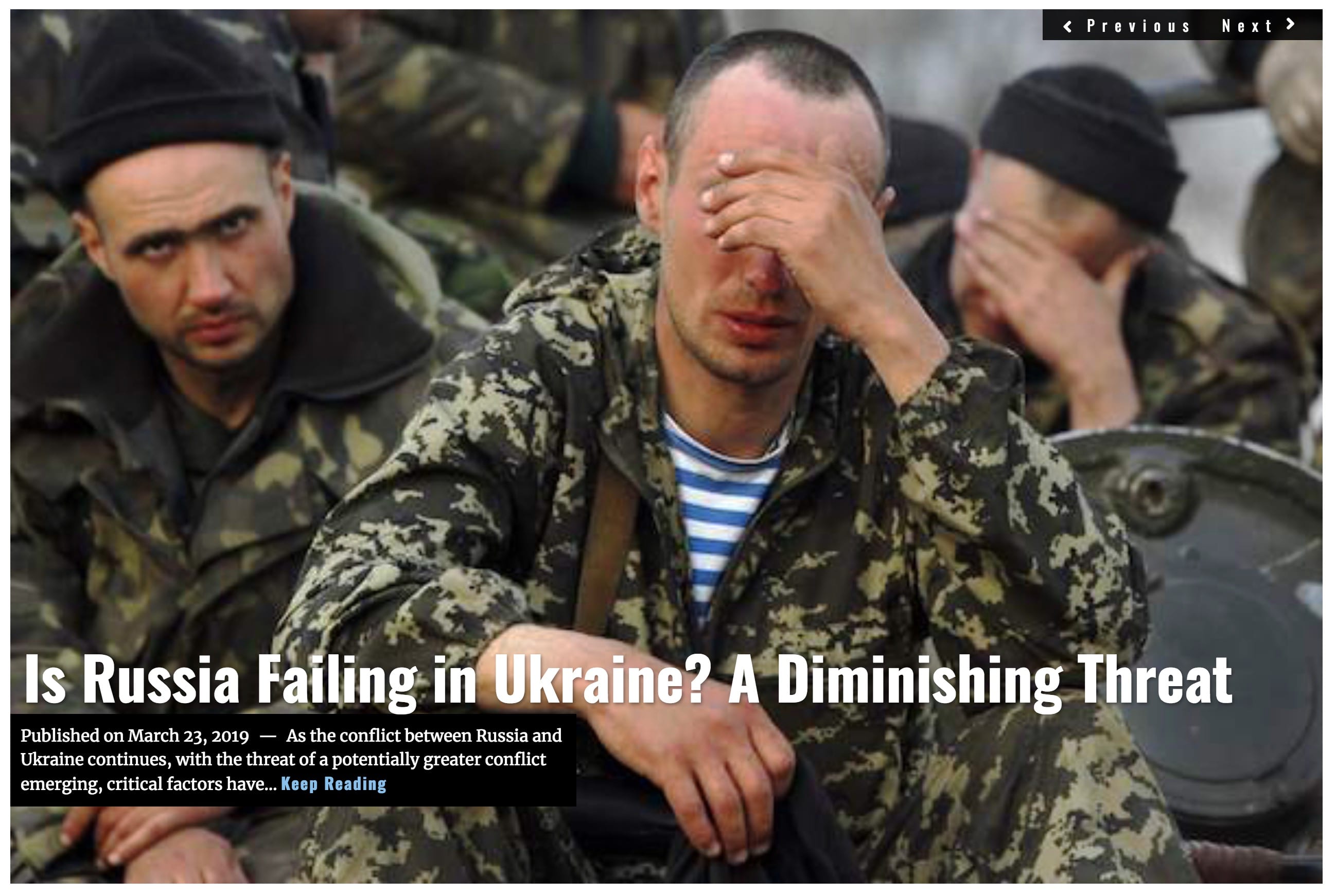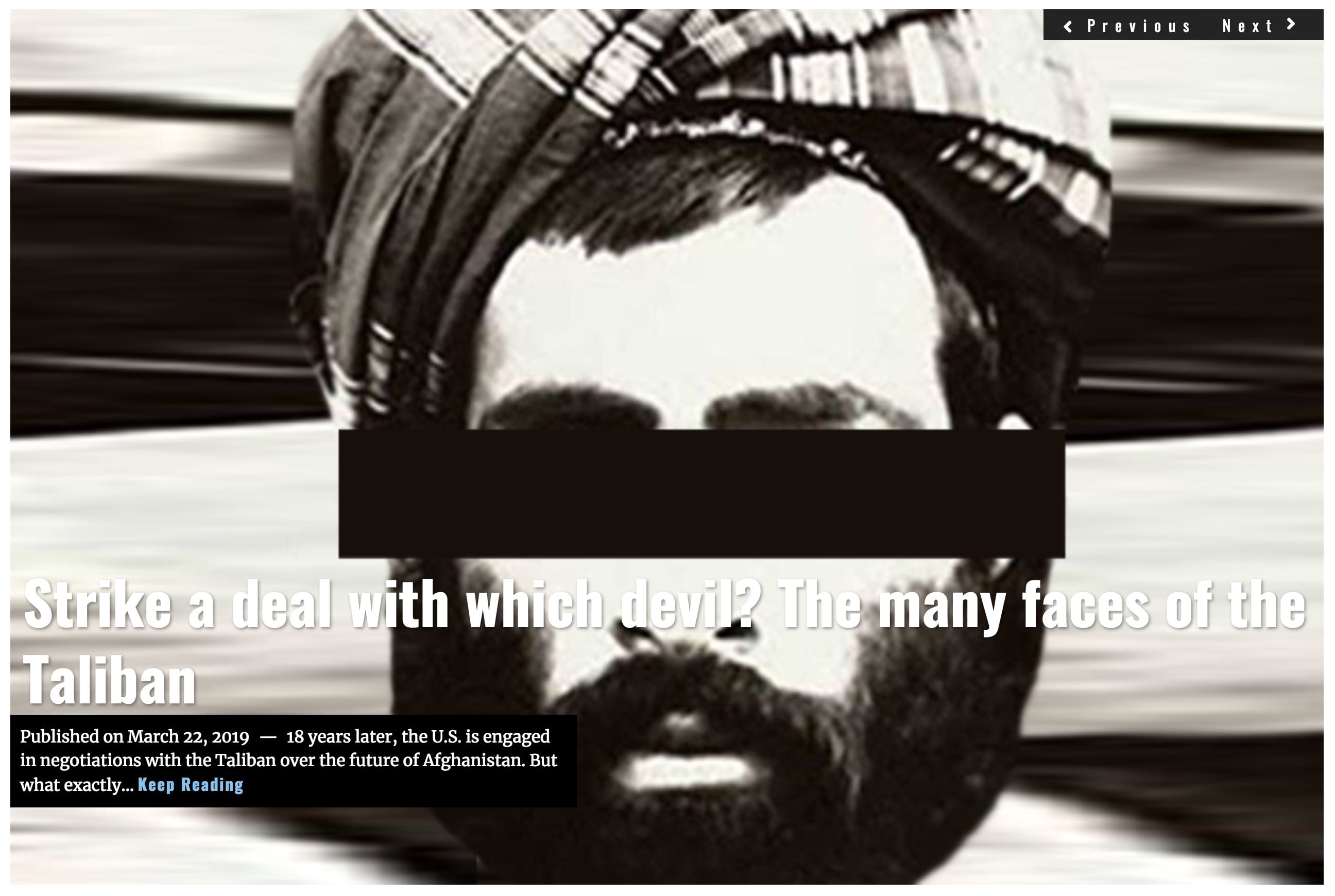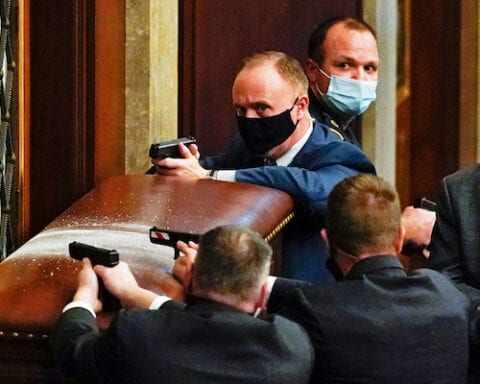The International Criminal Court is having a tough week. With the Philippines leaving the body, the U.S. threatening to deny visas and sanction investigators, and an unlikely prosecution of China’s activities in the South China Sea, the organization has a lot on its plate. However, the ICC is likely just an afterthought on a long list of problems currently facing the Philippines.
The Philippines’ withdrawal from the Rome Statute, the founding treaty of the International Criminal Court (ICC), became effective on March 17. The Philippines is the second country to withdraw from the 124 member organization, after Burundi left in 2017. It had initially ratified the statute on Aug. 30, 2011, and entered it into force on Nov. 1, 2011.
The ICC’s mandate is to help put an end to impunity for the most serious crimes that are of concern to the international community. Since the ICC began functioning in July 2002, 44 individuals have been indicted for the crimes of genocide, crimes against humanity, war crimes, and crimes of aggression.
In the Philippines, the ICC’s main focus has been the analysis and investigation of crimes committed since July 1, 2016, in the context of the “war on drugs” launched by the Philippine government. It has been alleged that thousands have been killed in extrajudicial killings due to their alleged involvement in the illegal drug trade in the course of police anti-drug operations. The ICC had been investigating whether President Rodrigo Duterte and other high ranking officials committed mass murder and crimes against humanity during the high profile drug crackdown. An inquiry had begun after a Filipino lawyer that represented two men who said they had been assassins for Duterte filed a complaint.

Undeterred, the ICC’s chief prosecutor Fatou Bensouda said in a statement that the ICC would continue to have jurisdiction over possible crimes committed during the period the Philippines was a member. The ICC tweeted, “Our independent & impartial preliminary examination into the situation in The Philippines continues”.
#ICC Prosecutor #FatouBensouda: “Our independent & impartial preliminary examination into the situation in The Philippines continues” pic.twitter.com/6asrVqPAYM
— Int'l Criminal Court (@IntlCrimCourt) March 18, 2019
Duterte has threatened to arrest Bensouda if she enters the Philippines.
Bensouda, who worked as a trial attorney before the International Criminal Tribunal for Rwanda, became chief prosecutor of the ICC in 2012. Since then, in addition to the Philippines, she has initiated investigations of alleged crimes committed in the Colombian civil war, Israel and the Palestinian territories, Myanmar’s repression of the Rohingya, Ukrainian crackdowns during the Maidan protests, and the UK’s occupation of Iraq.
In November 2017, Bensouda had advised the ICC to also seek charges for alleged human rights abuses committed during the War in Afghanistan by the U.S., the Taliban, and the Afghan National Security Forces. Then U.S. Ambassador John Bolton maintained that the ICC has no jurisdiction over the U.S., which did not ratify the Rome Statute.
Just last week, in another blow to the ICC, Secretary of State Mike Pompeo announced that members of the ICC investigating alleged war crimes committed during the Afghanistan war will now be denied entry to the United States. Pompeo added in a statement that, “These visa restrictions may also be used to deter ICC efforts to pursue allied personnel, including Israelis, without allies’ consent.” Pompeo also warned, “These visa restrictions will not be the end of our efforts. We are prepared to take additional steps, including economic sanctions if the ICC does not change its course.”
In his remarks to the press Secretary Pompeo added:
“Since 1998, the United States has declined to join the ICC because of its broad, unaccountable prosecutorial powers and the threat it poses to American national sovereignty. We are determined to protect the American and allied military and civilian personnel from living in fear of unjust prosecution for actions taken to defend our great nation. We feared that the court could eventually pursue politically motivated prosecutions of Americans, and our fears were warranted.”
Pompeo stated that the U.S. “supports international hybrid legal mechanisms when they operate effectively and are consistent with our national interest”, but “the ICC is attacking America’s rule of law. It’s not too late for the court to change course and we urge that it do so immediately.”
![Image [U.S. Secretary of State Mike Pompeo during a news conference at the State Department in Washington, D.C. (Photo: Yuri Gripas / Reuters]](https://limacharlienews.com/wp-content/uploads/2019/03/Pompeo-ICC.jpg)
The officials charged that Xi and other Chinese officials committed crimes “which involve massive, near-permanent, and devastating environmental damage across nations.” These include turning seven disputed reefs into islands causing extensive environmental damage and blocking thousands of Filipino fishermen from their fishing grounds.
Former Philippine foreign secretary Albert del Rosario, who filed the complaint with former ombudsman Conchita Carpio-Morales, said at a press conference, “I think if I were China I would take this seriously because this is not our first encounter with them. It’s our second encounter and we are very serious about winning this encounter as well.”
Both former officials assert, “while China is not a party to the Rome Statute, the Court can take jurisdiction over Chinese nationals, who commit ICC crimes in the territory of the Philippines, during the time when the Philippines was a State Party to the Rome Statute.”
Presidential Spokesperson Salvador Panelo said, however, that the complaint “may be a futile exercise” as both China and the Philippines are not members of the ICC.
In addition to assertions that the ICC doesn’t cover environmental damage, Panelo appeared to over stress certain technicalities in support of the government’s position. “[T]he ICC has never acquired jurisdiction over us given that the Rome Statute never took effect as the requirement of publication in a newspaper of general circulation or in the Official Gazette was not complied with, which publication is a requirement in our jurisdiction before the said Rome Statute or any law for that matter becomes effective and enforceable.”
However, despite the government’s position, a 2016 policy paper issued by the Office of the Prosecutor, citing article 93(10) of the Rome Statute, has stated that the ICC “will also seek to cooperate and provide assistance to States, upon request, with respect to conduct which constitutes a serious crime under national law, such as the illegal exploitation of natural resources, arms trafficking, human trafficking, terrorism, financial crimes, land grabbing or the destruction of the environment.”
Yet while politics plays itself out in Manila, the average Filipino appears to be relatively unaware or unconcerned with either the recent departure of the Philippines from the ICC or the complaint filed over China. And with good reason.
Fuel prices climbed to .96 USD/liter in February 2019, approaching the highs experienced in late 2018. This has had a ripple effect across the Philippine economy. High inflation rates and additional excise taxes, part of a second phase of controversial tax reform package, threaten to further raise fuel prices as well as prices for basic goods. This will likely affect employment. Compounding this, a recent poll found that 16 per cent of highly educated Filipinos will likely depart the country for overseas jobs. The Philippine government’s shift from income to consumption taxes will impact the poor as they do not qualify for some of the income tax exemptions.
Manila has also been hit by its worst water shortage in years, with rolling water outages for about half of the Philippine capital’s approximately 12 million people during which water supplies are stopped from four to 20 hours per day. This shortage is a result of a lack of rain and some infrastructure issues. This has had a significant effect on the population and has required several public hospitals to use supplemental supplies from water tankers, and some hospitals have limited admissions of patients. The disruption could last until July, when monsoon rains typically hit and help to replenish the regional reservoirs – one of which is at a two-decade low.
Security has also suffered a major setback. There has been a resurgence of activities by Islamic State (IS) affiliated terrorist groups operating in the Southern Philippines. The primary groups are the Maute group, Abu Sayyaf, Bangsamoro Islamic Freedom Fighters and Ansar Khalifa Philippines – all of which pledged allegiance to the Syrian IS and its leader, Abu Bakr al Baghdadi, in 2014.
Two suicide bombing incidents, one at a security checkpoint in Lamitan, Basilan, on July 31, 2018, and another at a church on the island of Jolo on January 27, 2019, have illustrated a disturbing trend. In addition to the adoption of suicide tactics, the Lamitan bombing involved a foreign terrorist with ties to Abu Sayyaf, part of an the influx of foreign fighters. Suicide tactics are relatively new as Filipino terrorist groups have, by and large, avoided it due to their belief that they are warriors, preferring to engage in combat. The effectiveness of these two attacks has clearly shown how efficient suicide tactics can be, and, with the influx of foreign fighters fleeing the conflict in Syria, there may be more “suicide volunteers” available. This strategy would allow the various local terrorist elements to retain their trained fighters while recruiting suicide volunteers from the foreign ranks.
![Image [Aftermath of the suicide attack on the Cathedral on the island of Jolo, the Philippines, on January 27, 2019. (Credit: Armed Forces of the Philippines)]](https://limacharlienews.com/wp-content/uploads/2019/03/Philippean-suicide-attack.png)
Successful large-scale attacks, especially if they expand their operations to the main island of Luzon, might attract the attention of the Islamic State and increase their investment in the Philippines. This could, in turn, cause foreign fighters to migrate to the Philippines, increasing the strength of local terrorist groups in the country. This would result in a serious heightening of the security situation in the developing country, and it would advertise this location as fertile ground for radical Islamic fundamentalist expansion.
In the midst of these crises, President Duterte appears to be preoccupied. Duterte has publicly lamented that the origin of the name “Philippines” lies with European colonizers, and he has expressed support for a new name stemming from the indigenous Malay culture. Unfortunately, the new name Duterte has suggested, “Maharlika,” is problematic itself. While its exact meaning is disputed (interpretations range from “man of ability” to “big phallus”), it is actually derived from Sanskrit, not the Malay language. Many have conjectured that perhaps Duterte’s proposal is not a genuine one, but rather a shock tactic used to distract from the Philippine’s bigger problems. As Deirdre de la Cruz, a Filipina historian at the University of Michigan, said, “Honestly, most Filipinos have a lot more to worry about than being haunted by the ghost of King Philip.”
Thomas Pecora, John Sjoholm and Anthony A. LoPresti, LIMA CHARLIE NEWS
[Subscribe to our newsletter for free and be the first to get Lima Charlie World updates delivered right to your inbox.]
Thomas Pecora is a former CIA Senior Security Officer who retired after 24 years of service protecting Agency personnel. He managed large security programs and operations in Africa, Latin America, Southeast Asia, Europe, the Middle East and in the war zones. He has over 29 years of experience in crisis management, personnel/physical security, and counter-terrorism. As Director of Pecora Consulting Services, he provides security vulnerability and threat assessments, as well as personal safety and crime prevention/avoidance skills training.
Lima Charlie World provides global news, featuring insight & analysis by military veterans, intelligence professionals and foreign policy experts Worldwide.
For up-to-date news, please follow us on twitter at @LimaCharlieNews
In case you missed it:

![Image The Philippines, U.S., China make for a tough week at the International Criminal Court [Lima Charlie News]](https://limacharlienews.com/wp-content/uploads/2019/03/ICC-bad-week.png)



![Image Ambitions Never Laid to Rest - An Open Society vs. The Terrorist [Lima Charlie News] (Image: Patrick Hertzog)](https://limacharlienews.com/wp-content/uploads/2018/12/Screen-Shot-2018-12-28-at-2.37.54-PM-480x384.png)
![Image Islamic State is pushed back, White Power is on the rise. Sunrise in the morning. News at 11. [Lima Charlie News]](https://limacharlienews.com/wp-content/uploads/2018/12/48aca003f29f77ba082571055dfc631f5830a6cb-480x384.jpg)
![Image Relevant After Christmas Market Massacre [Image: Patrick Seeger][Lima Charlie News]](https://limacharlienews.com/wp-content/uploads/2018/12/Ambitions-Never-Laid-to-Rest-ISIS-Remains-Relevant-After-Christmas-Market-Massacre-Lima-Charlie-News-480x384.png)



![Image Memorial Day may soon be a remembrance of democracy and those who had the courage to defend it [Lima Charlie News]](https://limacharlienews.com/wp-content/uploads/2018/05/Memorial-Day-may-soon-be-a-remembrance-of-democracy-and-those-who-had-the-courage-to-defend-it-Lima-Charlie-News-480x384.png)
![The Mind of Bolton - AUMF and the New Iran War [Lima Charlie News]](https://limacharlienews.com/wp-content/uploads/2019/05/Inside-the-mind-of-Bolton-Lima-Charlie-News-main-01-480x384.png)
![Image Ambitions Never Laid to Rest - An Open Society vs. The Terrorist [Lima Charlie News] (Image: Patrick Hertzog)](https://limacharlienews.com/wp-content/uploads/2018/12/Screen-Shot-2018-12-28-at-2.37.54-PM-150x100.png)
![Image Islamic State is pushed back, White Power is on the rise. Sunrise in the morning. News at 11. [Lima Charlie News]](https://limacharlienews.com/wp-content/uploads/2018/12/48aca003f29f77ba082571055dfc631f5830a6cb-150x100.jpg)